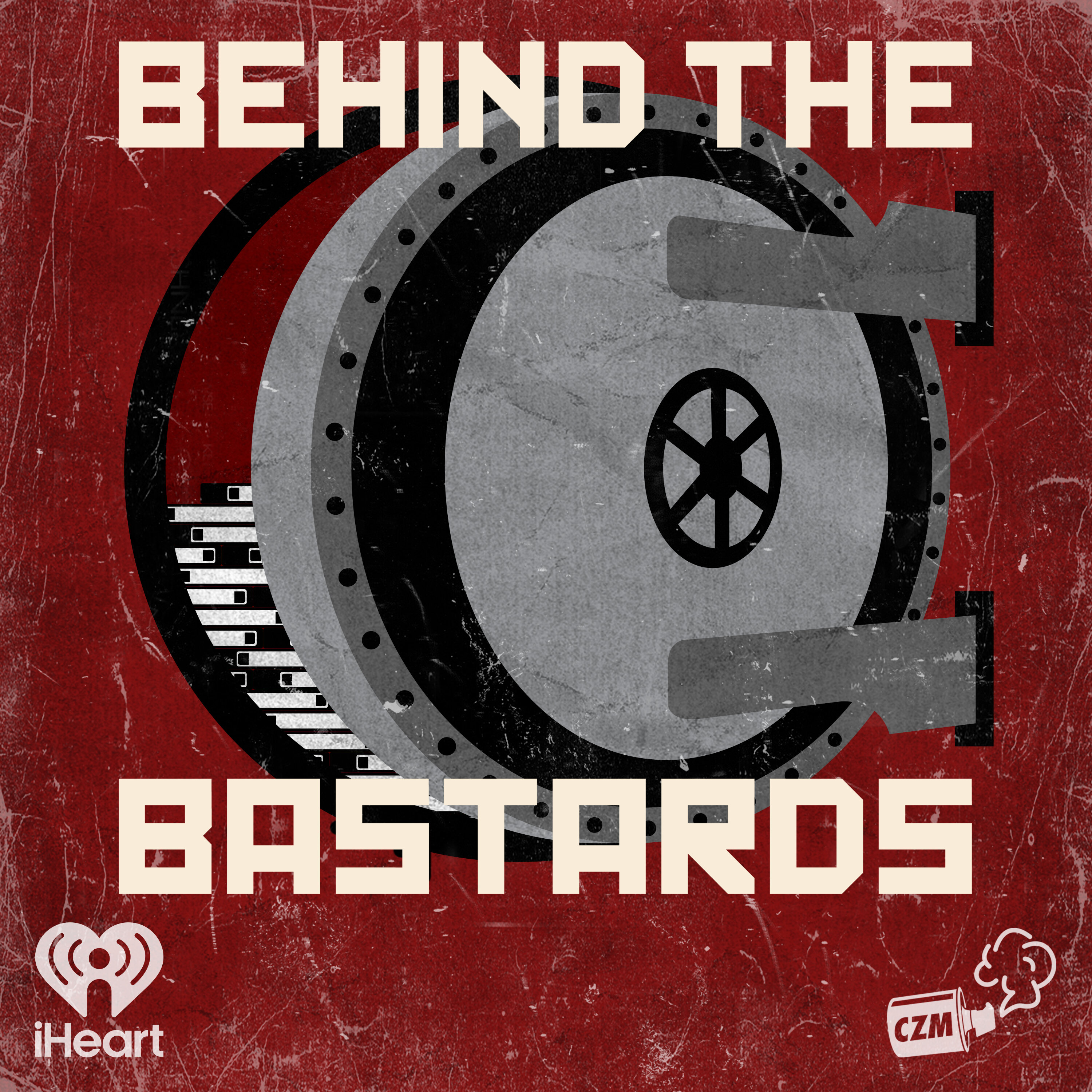Clip

The Soviet War on Science
The Soviet Union's war on science began in 1930 when Trofim Lysenko became the director of the Soviet Union's department of genetics. Lysenko's ideological views clashed with the scientific method and led to the purging of thousands of scientists, including respected geneticists.